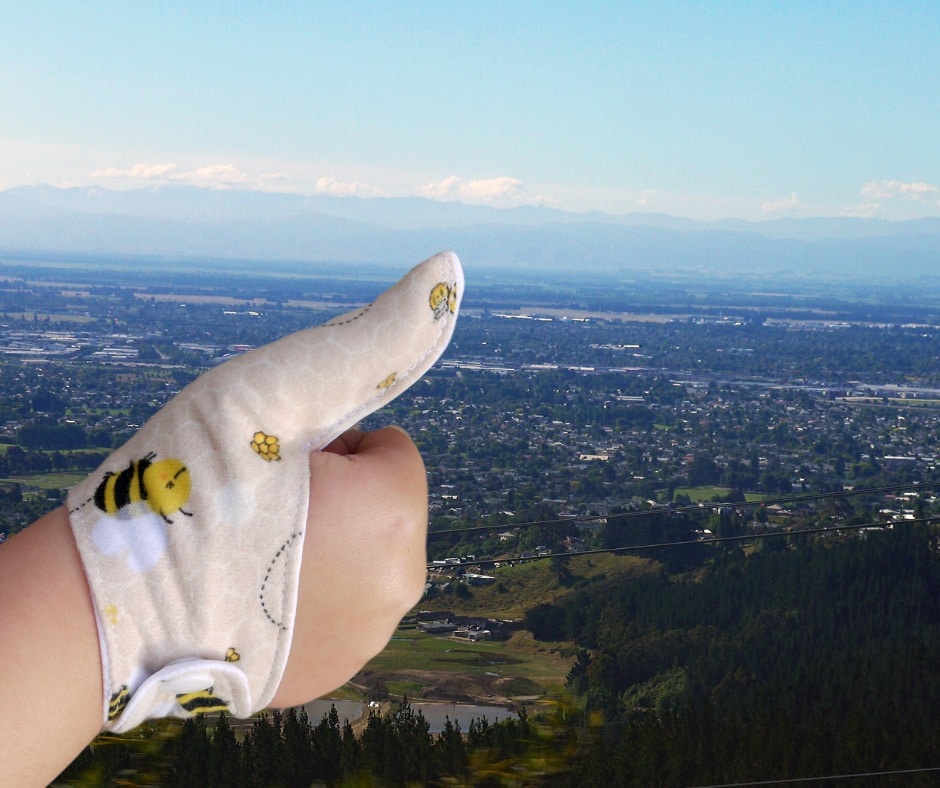
When a child is allowed to indulge in thumb sucking too much it can lead to changes in their mouth, jaw, and teeth. Breaking this habit is recommended, but parents can rest assured that the habit is common and a normal thing for a child to do. Some 90% of newborns start doing it as early as two hours after birth.
Thumb Sucking Can Be Problematic
While the thumb-sucking reflex may seem adorable, it can become a habit that has negative consequences. It can affect facial bones and teeth as the child and their mouth, palate, and jaw grow. Pediatricians say that thumb sucking should ideally stop between ages two and four. However, breaking such a habit can prove challenging for many parents.

Experts emphasize the risks associated with thumb sucking as it can cause long-lasting damage. The habit starts as a normal part of a newborn’s development and even serves to give proper tone to the tongue and jaw position. However, it may become a source of comfort for older children, which is why it often persists beyond infancy.
When it Becomes a Problem
It is important to note that social issues like bullying can also arise due to thumb-sucking, which can have a potential impact on self-esteem. Things that can exacerbate the problem include environmental triggers, breathing issues at night, and mental health struggles.
Children usually stop sucking their thumbs on their own before turning one, but the habit can last up to the age of four. It is beyond this age range that concerns regarding dental alignment, palate issues, and potential speech problems can arise. To prevent problems, parents need to monitor thumb sucking closely and intervene whenever they feel it becomes excessive or habitual.
Ways to Break the Habit
Various strategies can help break the habit. Some methods include positive reinforcement, covering fingers with special gloves, and using thumb braces. Parents can also try to better understand triggers that cause thumb sucking or seek professional help if necessary. It’s also crucial for parents to work with their child in this process, just like with the other developmental stages.

Regular dental check-ups are very important to ensure that thumb sucking doesn’t affect the child’s jaw. The process of breaking this habit may take time, so parents should be patient and get professional help if they need it. This process is a joint effort between children, parents, doctors, and consultants and will help ensure the child’s optimal oral health.